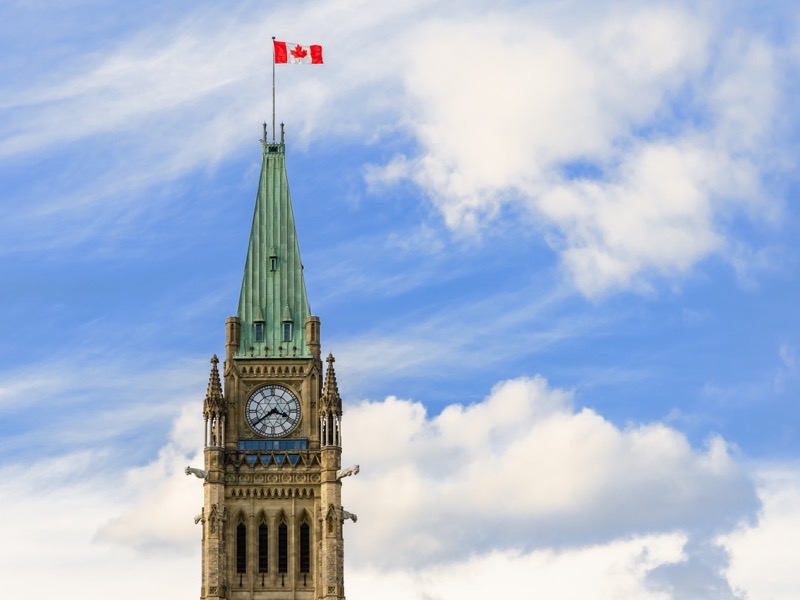
The federal government is expected to table a second bill on open banking after the 2024 fall economic statement, a senior government official said Monday.
Expanding on the budget implementation bill, Bill C-69, the new bill would introduce substantive elements of the open banking framework, such as details on accreditation for participating entities, said Julien Brazeau, associate assistant deputy minister of finance, at an event in Toronto hosted by law firm Gowling WLG.
Open banking allows financial institutions, with consent, to securely share client account details with third parties such as other banks and wealth management firms. Industry participants say open banking could increase competition in financial services and benefit clients, but progress on the initiative has been slow.
“Certainly, our hope was to be fast followers,” Brazeau said. “We’ve now been surpassed by Rwanda and other countries, so I don’t think we can use ‘fast’ as a moniker.”
Brazeau said the government is studying models in other jurisdictions, such as the U.K., European Union and Australia, as it develops its own framework.
Bill C-69, which completed its first reading on May 2, outlines the scope of data included in open banking and proposes to appoint the Financial Consumer Agency of Canada (FCAC) to oversee the framework. It also proposes to introduce a new senior deputy commissioner at the FCAC that will deal with all matters related to the open banking system.
The second bill would include details on how institutions can become accredited to participate in the system and the legal liabilities of participating entities, Brazeau said.
The government is also considering including provisions in the bill that would allow for an eventual phaseout of screen scraping, he said, which would help industry players transition. Data sharing services currently depend on screen scraping, which requires users to share login details with a third party, raising security risks.
The federal government will consult with the financial sector on legal liability and accreditation criteria.
“We’re not looking to create … an overly burdensome regulatory process,” Brazeau said. “The objective here at the end of the day is … safety and security.”
In the 2023 fall economic statement, the Department of Finance had promised to fully implement the open banking framework by 2025.
An upcoming federal election makes it hard to pinpoint a launch date, Brazeau said. For now, the government aims to have legislation in place by the end of 2024, he said.
“What we’ve heard from financial institutions across the spectrum, not just fintechs but large banks as well, is they want to get going,” Brazeau said.